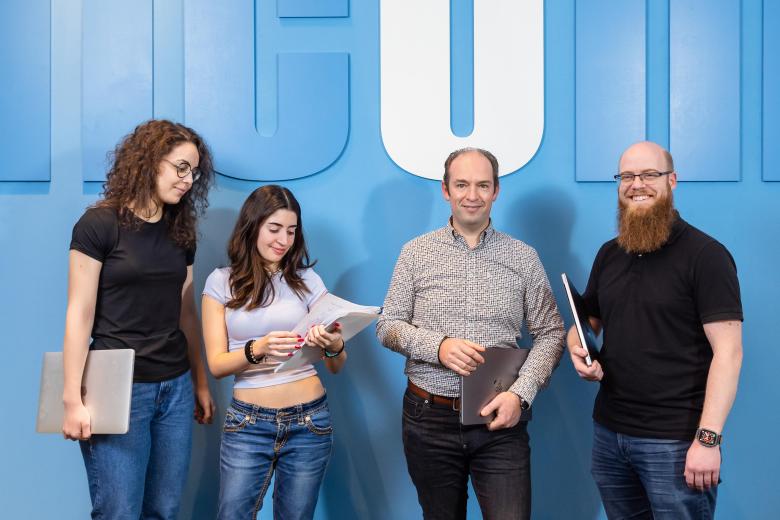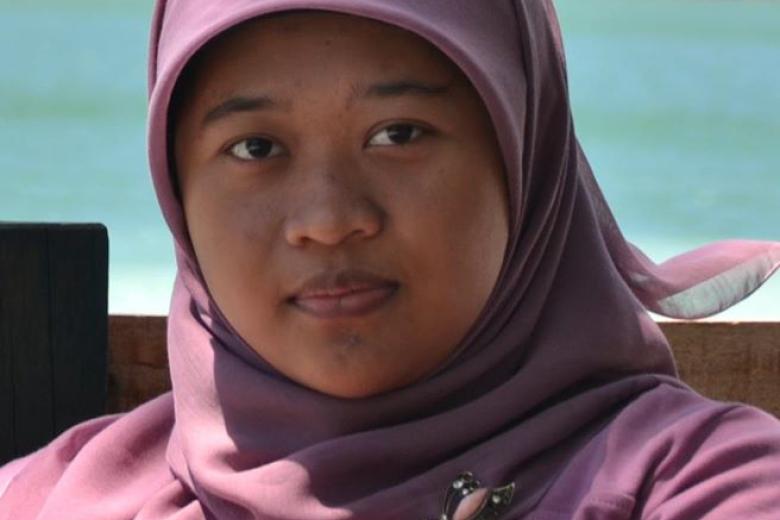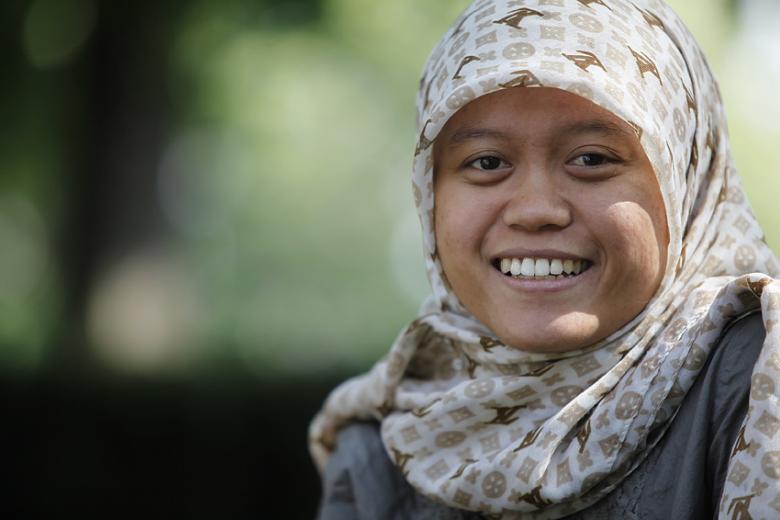One project, two countries, three PhD candidates
No fewer than three academics from the Scientific Programme Indonesia-Netherlands (SPIN) will be obtaining their doctoral degree at Maastricht University (UM) in the coming week, on the basis of research in Indonesia into the social and economic effects of worldwide quality marks for sustainable agriculture. SPIN is a joint initiative of UM and the University of Lampung in Sumatra, Indonesia.
The Indonesian PhD candidates carried out research at UM's International Centre for Integrated Assessment and Sustainable Development (ICIS) into the influence of worldwide quality marks for sustainability on the lives of farmers in their country. Ibnu Muhammad's research concerned the influence of sustainability standards on the lives of small-scale coffee farmers in Indonesia. Atika Wijaya's research looked at the role of the Indonesian government in relation to sustainability certification, which is often imposed by the international community. Nia Kurniawati Hidayat's research considered the social and societal consequences of private certification for the production of palm oil. Is it actually realistic to expect that certification will lead to more sustainable production and more sustainable living conditions for small-scale farmers? One by one, the PhD research projects unveil the shortcomings of the current regulations. The researchers therefore argue for a new approach to international certification, in which both the Indonesian population and the Indonesian government play a more important role.
The PhD defences of Ibnu Muhammad, Atika Wijaya and Nia Kurniawati Hidayat will take place, respectively, on 27 September at 10.00 am, 27 September at 2.00 pm and 28 September at 2.00 pm, in the Administrative Building at Minderbroedersberg 4-6 in Maastricht.
Also read
-
UM builds open education and digital literacy into BKO/UTQ
Maastricht University is taking a practical step to support early-career teachers: open education and digital literacy will be built more firmly into the BKO/UTQ.
-
Companies unlock Maastricht University’s hidden talent
@Work students serve as a bridge between academia and industry, helping companies recognise the university’s strengths. “We’re a hidden gem that’s gradually being discovered, as more and more people learn that we are one of the largest academic data science and AI programmes in the Netherlands
-
If a machine can write a flawless essay, what’s left for the writer?
UCM graduate Robin van Wasen traces how writing has shaped her learning, identity, and voice, and asks whether AI, despite its fluency, can ever replace the intent, authenticity, and connection that define human writing.


